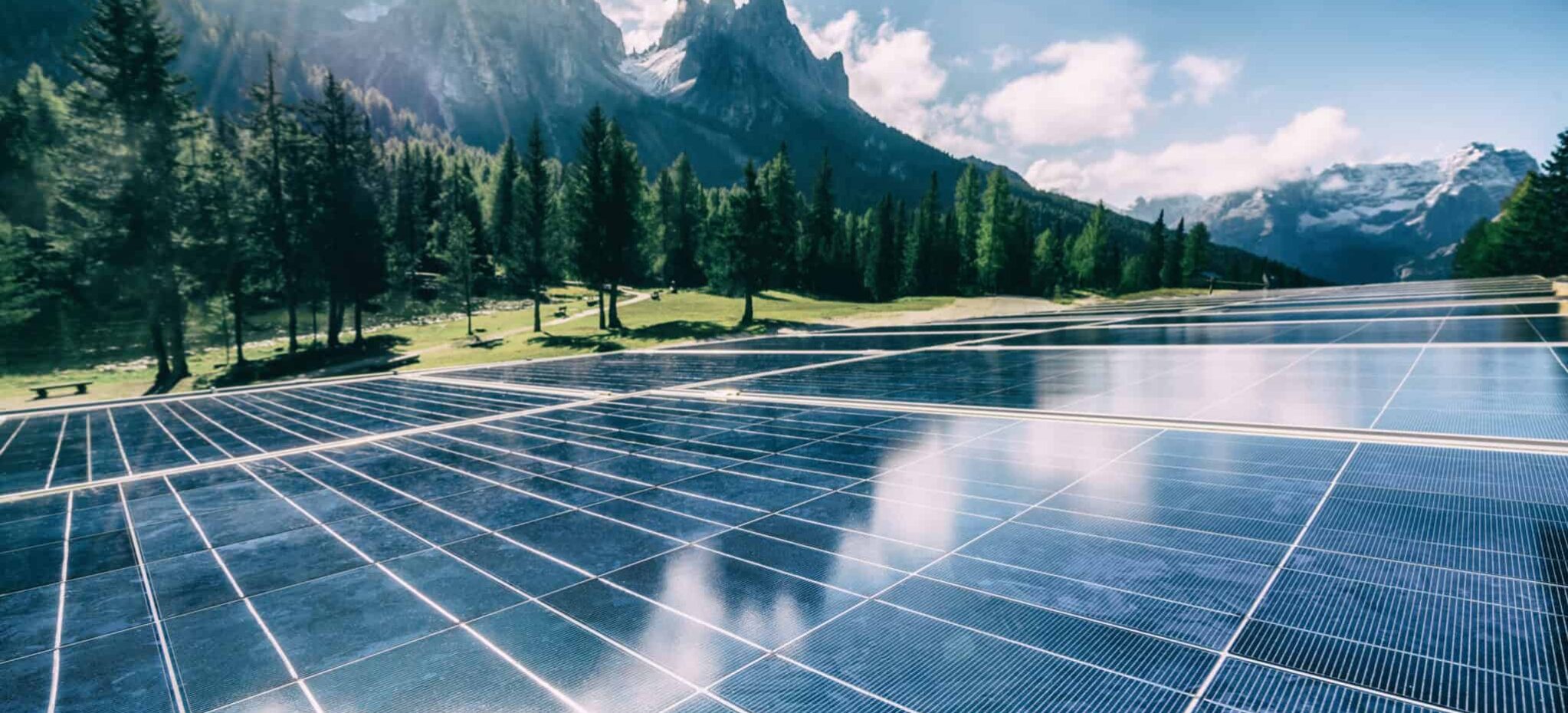Since the sun can’t always hit your solar panels directly, there are certain times of the year when you will need more energy than they can create. Luckily, there is a backup power source that can store excess energy from sunny days and allow you to use it during autumn and winter: solar batteries. But how long do the battery cells last? And can they really sustain you during harsh cold weather? Read on to find out.
Solar Batteries Explained
Solar batteries are a backup power source connected to your solar system. They allow you to store excess energy created on sunny days that you can then use at night or during winter.
Depending on your needs and the type of solar system you have, you can pick between different batteries. Some of them can power your entire home, while others can be connected to a single appliance or room. Certain batteries take up a lot of space, and others are a good choice if you don’t have too much space to work with.
Just as the characteristics of solar batteries differ widely between models, so does their lifespan.
The Lifespan of Solar Battery Cells
Generally, a solar system lasts for about 25 to 30 years. However, you will definitely need to replace your solar batteries at least twice during that time.
Depending on the manufacturer and your solar system, the batteries can last from anywhere between 5 and 15 years. If you are wondering why the numbers are so far apart, keep reading. We will do a rundown of all the factors that influence the lifespan of the batteries below.
How Often They Are Used
If you look at any electronics you use every day, you will notice that the battery starts lasting for shorter amounts of time between charges the more you use it. That goes for both your phone and laptop. So, it is not hard to see why the same applies to solar batteries.
If you use the batteries every night, they will only last you for about five years. But if you only turn them on when it’s cloudy or cold outside and you need more energy, they can last for a lot longer.
The Battery Type
There are three types of solar batteries on the market: lead-acid, lithium-ion, and saltwater batteries.
The lithium-ion ones last the longest but are also the most expensive choice. Lead-acid batteries are the most affordable choice, and they have a high watt-hour capacity. However, their lifespan is the shortest.
Saltwater batteries are somewhere in-between the other two options, both in terms of their price and lifespan. They are easy to recycle and will surely only improve over time, as they are newcomers on the market.
Where the Battery Is
It is vital that you store the batteries somewhere where the weather conditions are mild. Such places include your garage or basement. If their environment is too hot, the chemical reactions within the batteries will be sped up. Colder places will slow the reactions down. In both cases, your batteries will last for a shorter time.
No matter the battery type, mild temperatures are best. So, try to choose a place with such conditions for storing them.
A Few Parting Words
You can solve the problem of cloudy weather and harsh winters by investing in solar batteries. They are a backup power source that will allow you to use energy generated during the summer later on in the year when you need it most.
As you have read, the lifespan of a solar battery depends on different factors. These factors include the battery type, how often you use the batteries, and where you store them. So, those are the things you should keep in mind when choosing your batteries.
You Might Also Be Interested In These Solar Topics
Get a Free Solar Energy Estimate in Your Home State Arkansas
How Does Solar Energy Convert to Power in a Home?
What is a Surge Protector?





